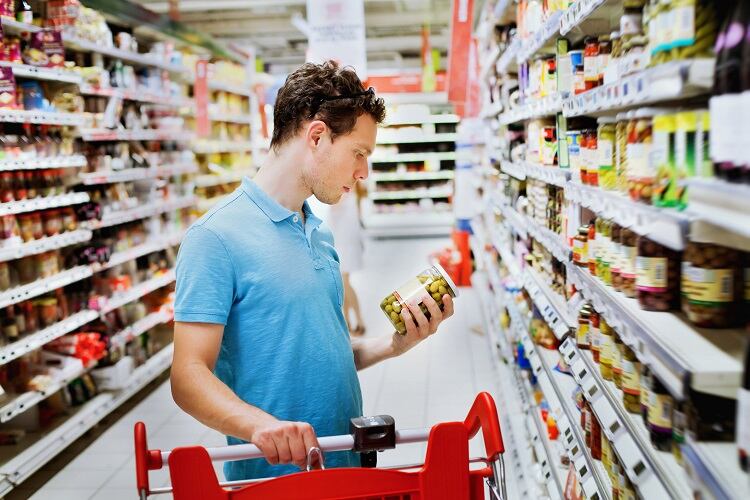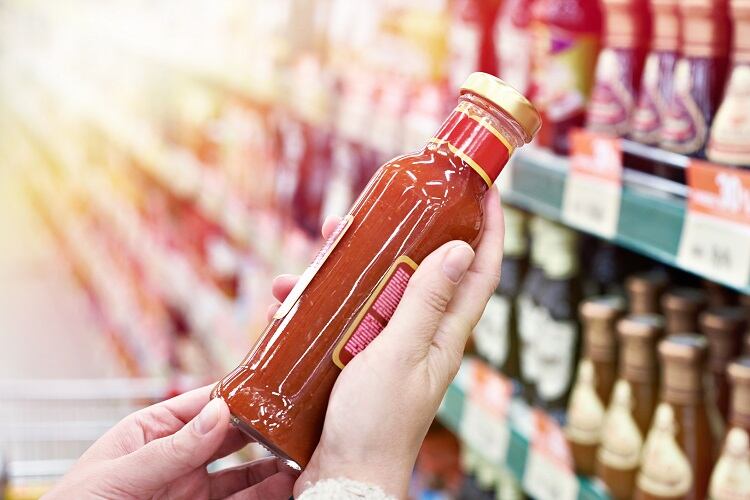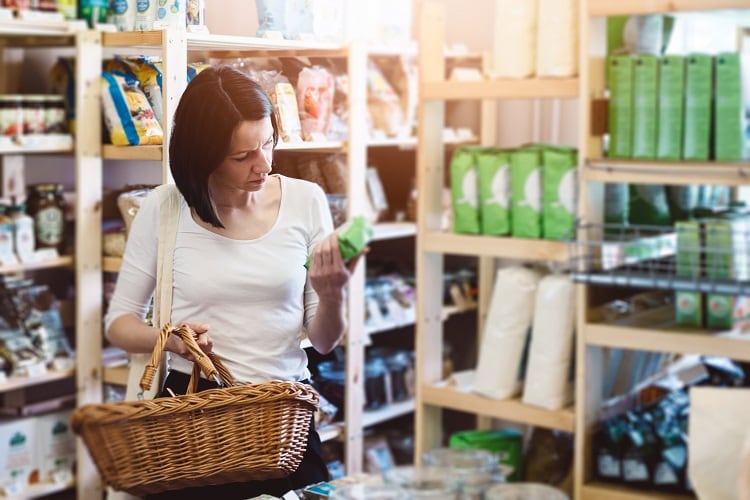Country of origin labelling has become a hot topic across the EU, as the European Commission ruminates on plans to rollout mandatory indication laws by Q4 2022.
As it stands, obligatory origin labelling applies to several categories across food and beverage, including fruit and vegetables, honey, olive oil, eggs, wine, spirit drinks, fish, and beef. New origin laws could see categories extended to include milk, rice, and potatoes, among others.
While not all across the agri-food sector are supportive of such laws, with some primary food processors suggesting origin labelling ‘disregards’ the realities of the sector, others claim it ‘empowers consumers’ to make more informed food choices.
Others, still, back the Commission’s plan – indicated in its Farm to Fork strategy – for alternative reasons: they argue origin labelling can help indicate food quality, boost transparency, and create value for producers.
‘Vanilla from Tahiti is not the same as vanilla from La Réunion’
The fine-dining sector is one that appears to back the extended indication laws.
For Vice President of chef association Euro-Toques Belgium Christophe Baert, for example, origin labelling can be a good indicator of quality.
“Everybody knows that chefs prefer to work with top products. The issue, then, is knowing how to ensure we have the top products,” he told delegates at a recent European Food Forum (EFF) event.
The first parameter, according to Baert, is freshness. “Freshness is the best guarantee of food quality. We would prefer to use local products by well-known producers. The shorter the [journey] from the producer to the kitchen, the better the quality.”
That is not to say that chefs ignore international ingredients. “We chefs travel a lot, and each time we come back with new…flavours from different countries. We love to combine these new flavours with our own kitchens. It’s sure that we need foreign products too.”
This is where country of origin labelling comes in, he elaborated, suggesting that an ingredient’s provenance is a key factor when putting together a menu. “Behind the origin is…the know-how, the climatic identity, and character of the product.”
The long-time chef continued: “We know that vanilla from Tahiti does not have the same taste as vanilla from La Réunion. We know that Argentinian beef is not the same as Wagyu. Pineapples from Martinique are different from those coming from Africa.”
Just the way that protected geographical indications (PGIs) aim to guarantee the quality of ‘good food products’, Baert said he wants the quality of international foods to be ‘ensured’ with labelling.
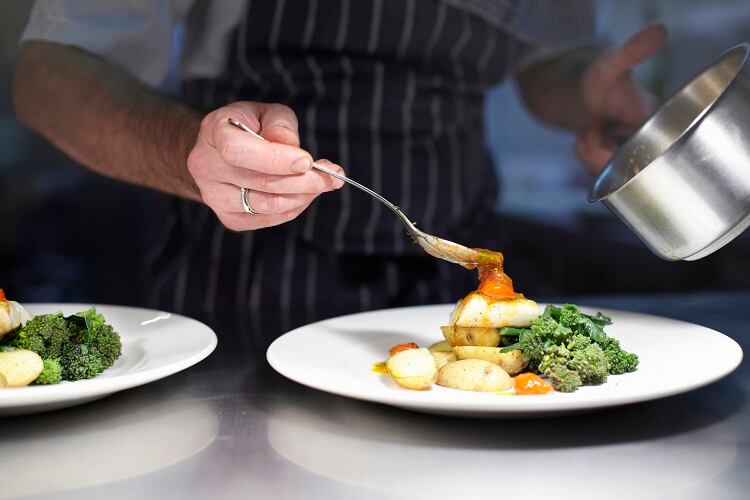
Outside of the kitchen, the Euro-Toques Belgium VP suggested knowing a product’s origin can be just as crucial. “It’s very important to us that the origin of the product is well known, so we can explain to the consumer where it is coming from, and why we have chosen this product and not another.”
‘Origin labelling is a way to create value’
Next door, in France, momentum has been building for EU-wide origin labelling.
In 2016, a European Citizens’ Initiative launched across the bloc, calling on the Commission to impose mandatory declaration of origin for all foods. Farmer Arnold Peuch d’Alissac, a bureau member of France’s National Federation of Farmers Unions, is also a member of the Citizens’ Initiative – better known as Eat Original.
Aside from helping to ‘guarantee consumers’ right to information’, Eat Original was founded with food quality and food safety in mind.
“Adulteration, counterfeiting and deliberate mislabelling of food products pose a risk for our health, especially when allergenic or even toxic ingredients of unknown origin are used to replace more expensive ingredients,” noted the Citizen’s Initiative.
Further, Eat Original believes mandatory origin labelling can help protect against food fraud. “The mandatory indication of origin on food labels helps prevent falsifications and unfair commercial practices that damage the single market as well as the national economies.”
Once the Initiative launched, Peuch d’Alissac observed ‘immediate’ support from consumers, he told delegates during the EFF event. By the end of 2019, the Initiative’s petition to bring country of origin labelling into law had attracted more than one million signatures.
French consumers are particularly supportive, according to the Eat Original member. So much so that Eat Original has conducted two voluntary experiments in France in recent years: one for milk and the other for meat.
When more than 50% of milk in a product is sourced from a different country, French consumers want to know about it, we were told. “We are big exporters, but sometimes we also have a lot of imports, and we don’t want industry to always [be looking] on the world market…for the cheapest raw materials.” A similar initiative was conducted with meat as an ingredient, concerning products that contain more than 8% meat from a different country.
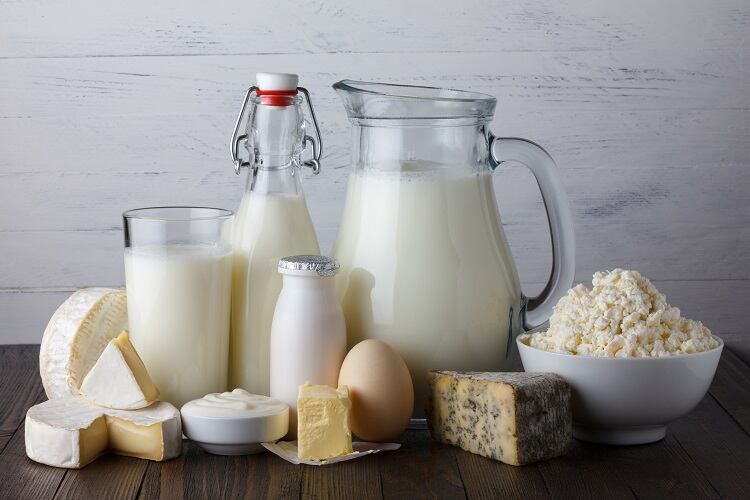
Ultimately, Peuch d’Alissac believes country of origin labelling can deliver value to both producers and consumers. “It is really fundamental because it creates transparency [and value] for consumers. And if it creates value for the consumer, it can create value for the producer.”
The Eat Original member continued: “We know that outside of Europe, the cost of production is not the same as in Europe. And it’s not normal that industry wants to always find the cheapest products from somewhere [else] in the world.
“With origin labelling, [and knowing] where the product comes from, you can create a contract between the producer and industry, and create value and trust for the consumer.”
‘Europeans care where their food comes from’
So what do consumers want? While the trend may vary from country to country, the ‘general trend’ across the bloc is that European consumers want to know more, according to Croatian MEP Biljana Borzan.
The public opinion surveys are consistent and clear, she told delegates at the EFF event. “Ninety percent of consumers want origin labelling for meat used as an ingredient in processed foods. Eighty percent of them want to know the origin of milk, whether sold as such or in a dairy product.”
Significantly, the most important factors for Europeans when buying food are origin (53%), cost (51%), food safety (50%), and taste (49%). Surveys also suggest that labels displaying ‘EU’ or ‘non-EU’, as well as ‘EU and non-EU’, would not meet consumer expectations, said Borzan.
Such statistics suggest that quality and value creation aside, consumers want to see country of origin labelling on-pack.
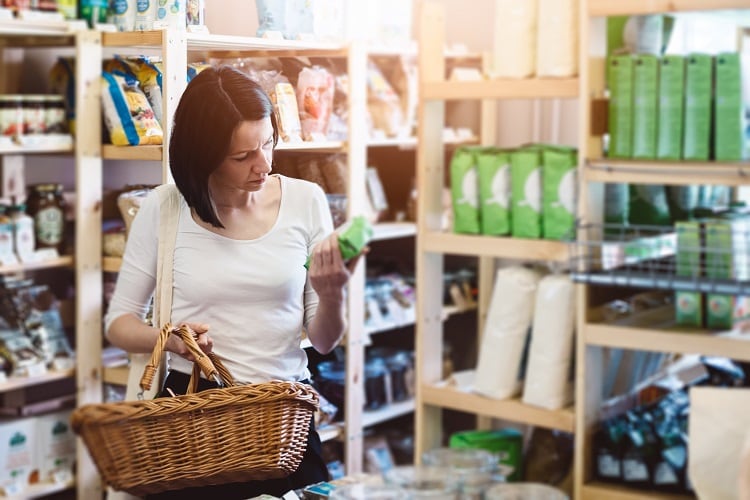
Further, Borzan believes such labelling can be implemented without passing the cost onto the consumer. When France undertook its experiment on mandatory origin labelling for meat and milk used as ingredients, the ‘limited and temporary’ extra costs for operators were not passed onto consumers, she said.
Ultimately, it comes down to consumer empowerment. “When it comes to all aspects of food information, I fully support total transparency. This includes improved information on nutrition, origin, and sustainability.
“The food information regulation, in its current state, is a great foundation for further consumer empowerment. The Farm to Fork (F2F) strategy is a chance to make the next step.”


